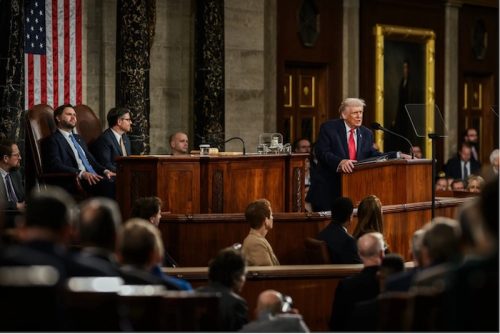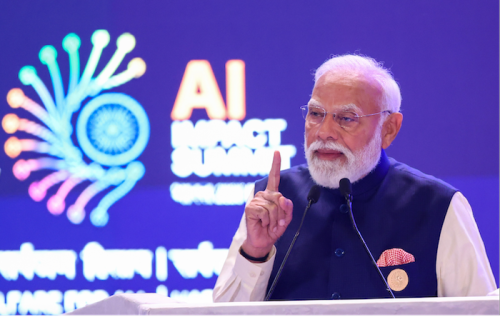Artificial intelligence (AI) is just a supporting player in the wider world of robotics. Unlike sensationalist sci-fi flicks, robots have had an important role since the earliest days of industrialization. From manufacturing line efficiencies to support in surgery, robots are integral to many core social constructs. The never-actualized dynamic of robots with intuition could finally be on the horizon.
AI, algorithms and technological applications are accelerating into new realms. With the proper implementation of ethics, diversity, and inclusive design – humans stand to benefit significantly.
Tasks that can be automated are easily replaced by forays into new fields, such as alternative energy or tech. One expert puts it this way: “Security robots, including drones, will increase in use and scale within the next decade. As a result, the cost will decrease, and new capabilities will come to light. This technology offers security professionals the unique ability to enhance procedures without replacing human workers.”
Each day, we are watching companies use AI and robotics to achieve good:
- Scientific advancements and breakthroughs
- Solving complex problems
- Generating millions of new skilled jobs in better working conditions
The original article was published at Forbes.
To support AI technology and development for human-centric applications, Michael Dukakis Institute for Leadership and Innovation (MDI) and Boston Global Forum (BGF) established Artificial Intelligence World Society Innovation Network (AIWS.net). In this effort, MDI and BGF invite participation and collaboration with governments, think tanks, universities, non-profits, firms, and other entities that share its commitment to the constructive and development of full-scale AI for world society. This initiative is to develop positive AI for helping people achieve well-being and happiness, relieve them of resource constraints and arbitrary/inflexible rules and processes, and solve important issues, such as SDGs.










